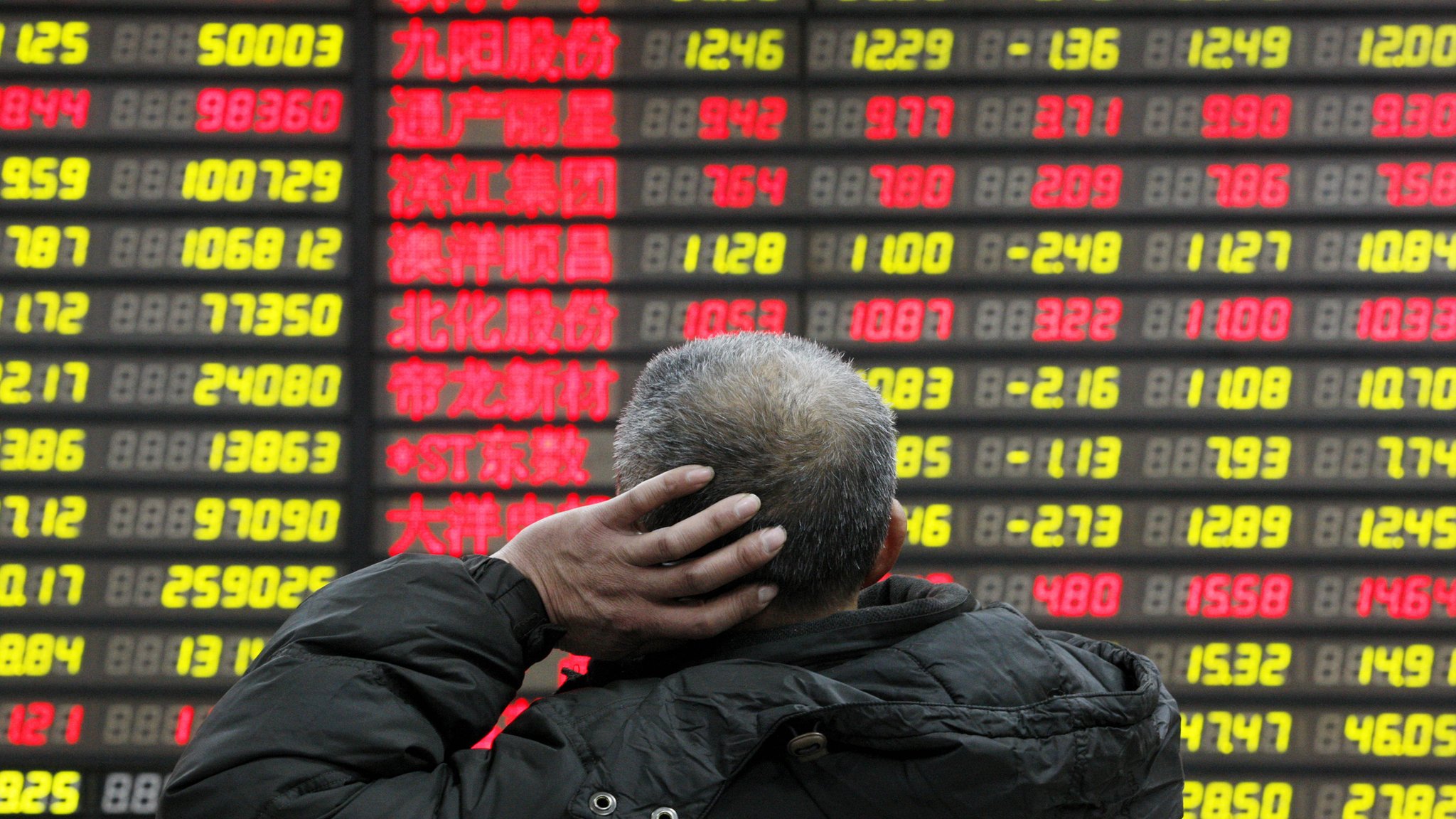Following a briefing from the National Development and Reform Commission of China that offered no information on more stimulus, the market rally in China lost momentum on Tuesday.
After returning from the Golden Week holiday, mainland China’s CSI 300 soared almost 10% at the start of Tuesday. However, the index ultimately trimmed gains to a 5% increase. After a dramatic 10% decline, Hong Kong’s Hang Seng index recovered marginally to a 6.4% loss.
Tuesday saw a significant decline in other Asia-Pacific markets as investors watched Japan’s August wage and spending statistics. In real terms, household expenditure in Japan decreased 1.9% year over year in August, which was less than the 2.6% dip that experts surveyed by Reuters had predicted. The decline is occurring at the quickest rate since January, when it fell 6.3% annually.
Additionally, that decrease occurred prior to the biggest pay increases for unionised Japanese workers in 33 years being granted during spring wage negotiations. But according to figures from the nation’s statistics agency, real salaries increased by 2% in August, reaching an average of 574,334 yen ($3,877.44).
The benchmark Nikkei 225 slipped 0.99% after the release, while the Topix was down 1.06%. South Korea’s Kospi was 0.72% lower, dragged by shares of heavyweight Samsung Electronics after it released worse than expected third quarter guidance. The small cap Kosdaq was down 0.31%. Australia’s S&P/ASX 200 slipped marginally.
U.S. stocks fell overnight as market sentiment was affected by increased oil costs and higher Treasury yields. The S&P 500 fell 0.96%, and the Dow Jones Industrial Average fell 0.94%. With a 1.18% decline, the Nasdaq Composite suffered the most loss. For the first time since August, the benchmark 10-year Treasury yield exceeded 4%, rising to 4.02%. Because of the ongoing high levels of tension in the Middle East, oil prices also increased. The price of U.S. crude rose over 3% to hover over $77 per barrel.
